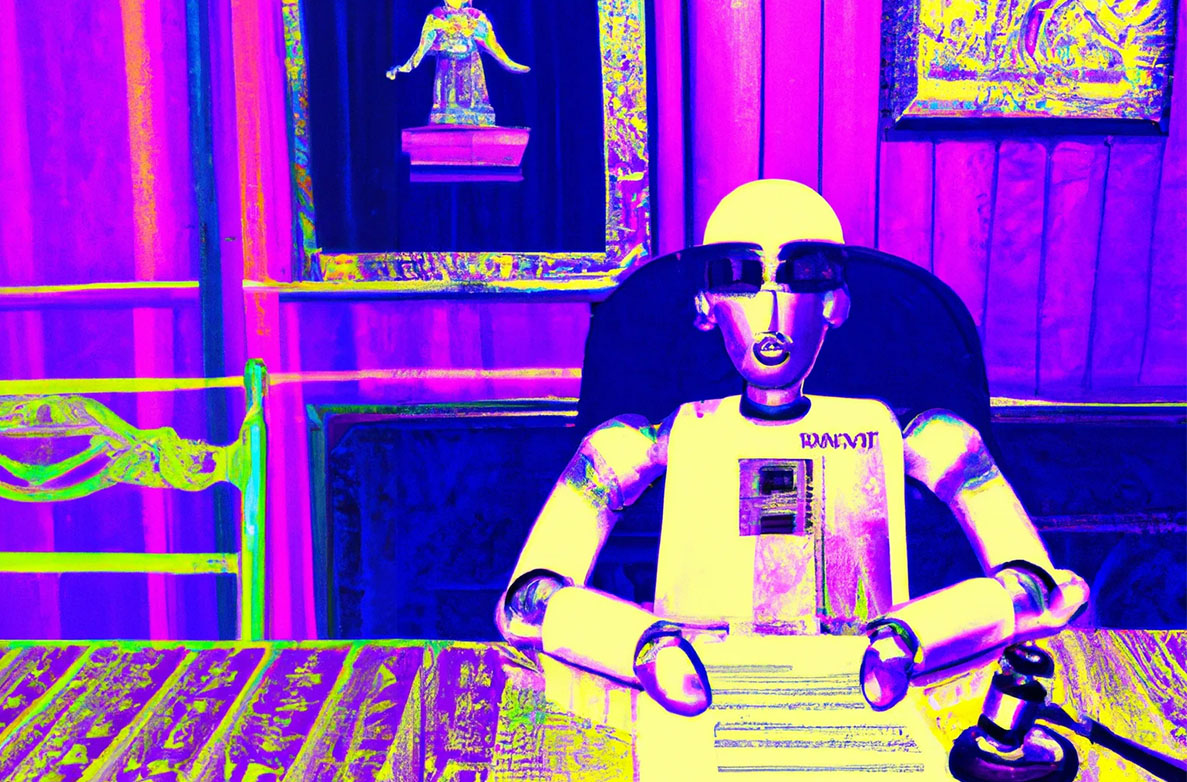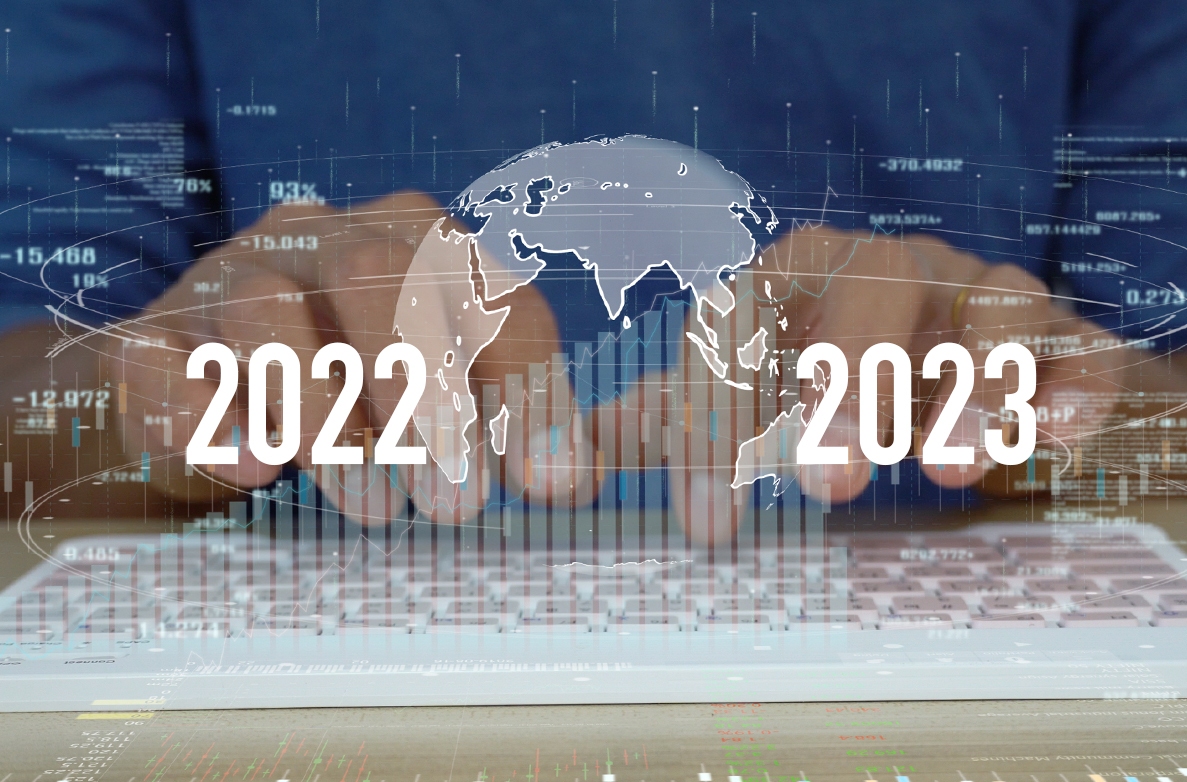AI, Latest Update 2 years ago
ChatGPT had its Day in Court. No, It Wasn’t for Reasons You Would Expect
For the very first time in human history (that we know of), a judge in Colombia used ChatGPT and made legal decisions with the help of an AI (Artificial Intelligence) text generator

Place: First Circuit Court, Cartagena, Colombia
The case: A dispute with a health insurance company over whether an autistic child should receive coverage for medical treatment.
Judgement: The entirety of the child’s medical expenses and transport costs should be paid by his medical plan as his parents could not afford them.
News Headlines: A Judge Just Used ChatGPT to Make a Court Decision; Colombian Judge Uses ChatGPT; What Would It Say if Indian Courts Did Too?
For better or worse, today, we can’t browse the Internet for 15 minutes without stumbling into the ChatGPT wormhole. Since its release in December last year, ChatGPT has taken the world by storm – engulfing all debates around Artificial Intelligence and Machine Learning. With 100 million customers in just under two months, it is the fastest-growing internet service ever. Following the recent agreement between the platform’s inventors OpenAI and tech giant Microsoft, the technology is all set to be incorporated into Office programmes and (surprise) the Bing search engine! The hype around ChatGPT has been so intense that it has also moved Google (the company whose monopoly on ‘search’ is now being threatened by ChatGPT) into action, urging it to move quickly and introduce its own chatbot ‘Bard.’
All around the world, across industries, with generative AI dominating the conversation, existential questions are once again causing mass hysteria amongst both proponents of the platforms and those who question its validity. As with any other domain that governs aspects of everyday life, the Legal industry is in no way immune to it. Practitioners are constantly being plagued by concerns about their legitimacy and survival. What impact will ChatGPT have on legal systems? How will it understand nonverbal communications in court? Will lawyers cease to exist? Can ChatGPT pass for a lawyer? Will it change the way we practice law?
On January 19, law.com even opined an elaborate piece questioning if ‘Courts were ready for GPT lawyers?’ and ‘Why attorneys and clients would even consider this?’ and concluded that ChatGPT was not ‘ready for its day in court’. Less than 2 weeks later, for the very first time in human history (that we know of), a judge in Colombia used ChatGPT and made legal decisions with the help of an AI text generator. After the release of a court document dated January 30, Judge Juan Manuel Padilla Garcia, who presides over the First Circuit Court in the city of Cartagena, made the news for using the AI tool to pose legal questions concerning what can now be considered a ‘landmark’ case and included its responses in his judgement. Putting many fears to rest, Judge Garcia explained his decision saying, ‘The purpose of including these AI-produced texts is in no way to replace the judge’s decision… What we are really looking for is to optimize the time spent drafting judgments after corroborating the information provided by AI.’
The Colombian court has indicated that ChatGPT’s use in this instance has been legitimate and all its responses were manually fact checked. But there is no denying that this surely has opened doors to many possibilities – possibilities that are sure to raise alarm bells in many minds. Even Mira Murati, CTO at OpenAI recently was quoted saying, ‘AI can be misused, or it can be used by bad actors. So, then there are questions about how you govern the use of this technology globally. How do you govern the use of AI in a way that’s aligned with human values?’
While ChatGPT has claimed the position as the ‘most polished iteration to date in a line of large language models going back years,’ it looks like the race to optimise Artificial Intelligence to everyday use, especially within the legal domain is still up for grabs. As of this article, we are just over 2 months into ChatGPT and 3 days into Bard. All we can say is that it might be better to prepare ourselves for more shocking headlines in the coming days.



